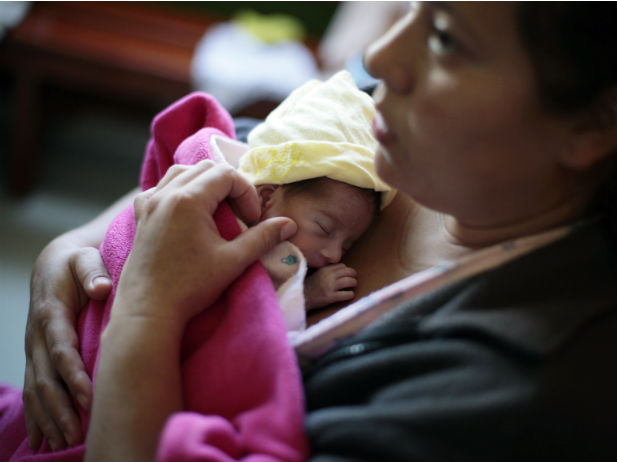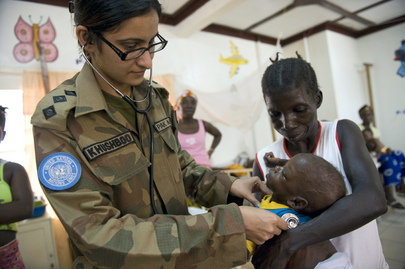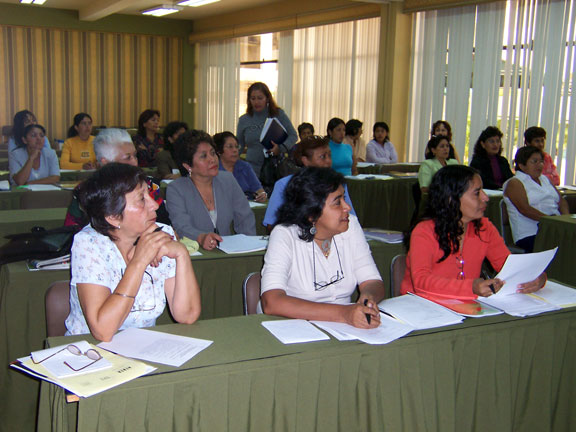China Should Be Concerned by Overuse of Caesarean Sections
By Yanzhong Huang For those who were born in the Chinese countryside in the 1970s, the story of my birth—as my mother used to tell me—is not atypical. When the labor pains began, my mom sent my siblings to the local midwife asking her to come and deliver the baby at...
The Brazilian Response to AIDS from the 1980s to 2010: Civil Society Mobilization and AIDS Policy
The Brazilian Response to AIDS from the 1980s to 2010- Civil Society Mobilization and AIDS Policy Jane Galvão, Francisco I. Bastos and Amy Nunn Brazil is renowned for its progressive and early response to the AIDS epidemic. Brazil was among the first countries to...
Healthy Development in the Post-2015 Era
Healthy Development int he Post-2015 Era Yanzhong Huang, Editor Senior Fellow for Global Health, Council on Foreign Relations This is a cross-post with CFR’s Development Channel Blog. Yanzhong Huang guest blogs for contributing editor Terra Lawson-Remer. On...
Securitizing Global Health: A View from Maternal Health
Over the last 15 years public health challenges have increasingly been framed as security threats, arguably leading to increased political relevancy and funding for such public health challenges as HIV/AIDS. While maternal health has not yet been securitized, there are several reasons to believe that it could be in the future. Such a securitization of maternal health could increase funding and political relevancy, important for improving maternal health outcomes. At the same time, we believe there are many unconsidered risks of such an approach. The risks we have identified are long-term unknowns from a lack of research, increased politicization of aid at the expense of effective programs, unexpected funding challenges due to geopolitical priorities, gender concerns, and the blurring of civilian and military institutions. Our goal is not to present a structured framework for analyzing the securitization of maternal health, but to begin a debate about the positive and negative aspects of securitization, and the dangers of securitization that we believe have been inadequately considered to date.

